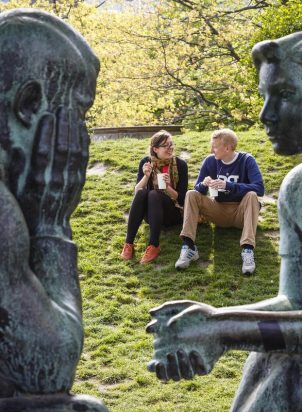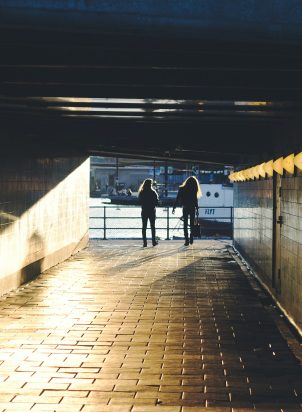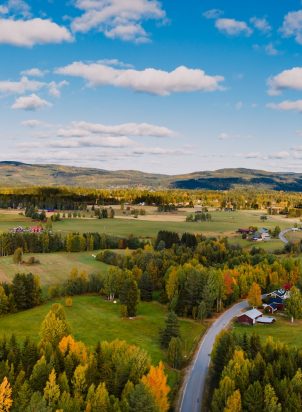A new article written by Nordregio researchers shines a light on the benefits and advantages of bioeconomy for regional development in the Nordic region, showing that many new jobs were created over the past years in rural areas
When we speak about bioeconomy, we refer to a model of economy built on land- and marine-based natural resources including eco-system services and biowaste. In a newly published article, “Bioeconomy – a driver for regional development in the Nordic countries”, Nordregio researchers Karen Refsgaard, Michael Kull, Elin Slätmo and Mari Wøien Meijer analyzed employment statistics and empirical cases to show the ways in which the new bioeconomy contributes to more environmentally and socially sustainable economic growth.
The article, “Bioeconomy – a driver for regional development in the Nordic countries”, was published on October 9th, 2020 and can be viewed as a first attempt at understanding and identifying the regional economic and social impacts of the new bioeconomy, such as the fact that it creates many jobs, from below 15% to above 22% of all jobs, especially in rural areas. However, developing a bio-based and circular economy signifies that a team effort must be made, education, research and bioresource-suppliers, NGO’s and in particular together with the public sector having to work together. Furthermore, institutions need to go through a range of innovations.
To learn more about the impact of bioeconomy in the Nordic countries, read the full article.






